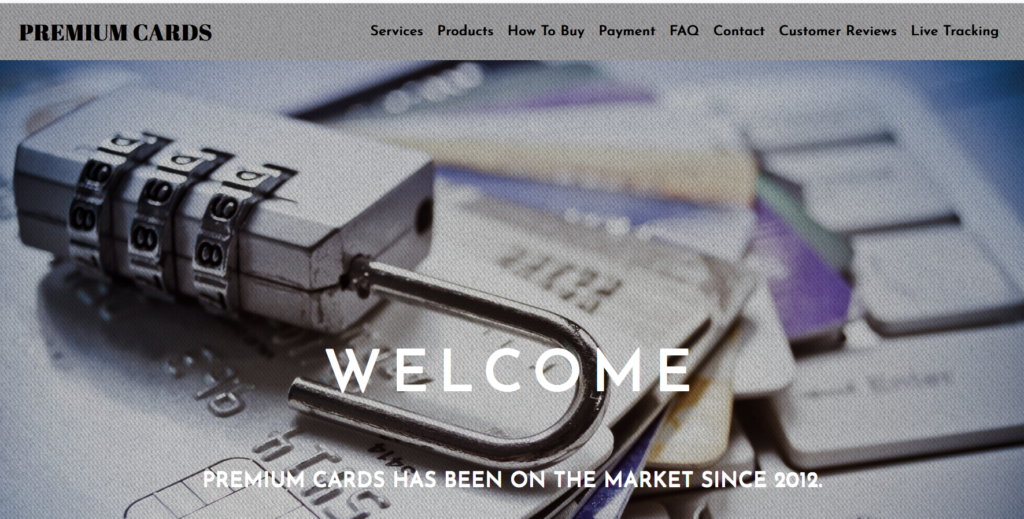Table of Contents
TogglePremium cards – TOR Scam Report (9)
Onion Link: http://hbl6udan73w7qbjdey6chsu5gq5ehrfqbb73jq726kj3khnev2yarlid.onion
Scam Report Date: 2023/08/03
Client Scam Report Breakdown
Original Report Summary:
The report from the customer reads: “I made my payment on Monday, and today is Thursday, and I haven’t received any response yet. I have sent several emails, and there has been zero response. This is a scam.” This complaint reflects growing concerns about the legitimacy of the Premium Cards operation, particularly in light of the detailed description provided on their website. The customer’s grievance highlights issues such as delayed communication and unfulfilled promises, both of which are red flags in the context of online financial transactions, especially when dealing with services as sensitive as prepaid debit cards purportedly loaded with “cleaned” funds. The silence from the company after receiving payment is typical of many scams where the scammer disengages once they have successfully extracted money from the victim, leaving them without the product or service they paid for.
Terminology and Red Flags:
- Prepaid Debit Cards: These are cards that have been pre-loaded with funds that can be used like a regular debit card. In the context of the Premium Cards operation, these cards are advertised as risk-free and untraceable, which should immediately raise concerns. Any service that promises anonymity and lack of traceability, particularly in financial transactions, is suspect because it often suggests involvement in illegal activities such as money laundering. The claim that these cards are loaded with “cleaned funds” further supports this, as it implies the money’s origins have been deliberately obscured to prevent detection by authorities.
- “Cleaned Funds”: This term suggests that the funds loaded onto these cards have undergone a process to remove any trace of their illegal origins. This process is usually associated with money laundering, a criminal activity where illicit money is disguised to make it appear legitimate. The fact that Premium Cards markets its products this way should be a significant warning sign. Not only does this place customers at legal risk, but it also indicates that the operation itself is likely illegal, further underlining the likelihood of it being a scam.
- Cryptocurrency Payments: Premium Cards lists various cryptocurrencies as acceptable payment methods, including Bitcoin, Litecoin, Ethereum, Monero, and Ripple, among others. While cryptocurrency itself is not inherently bad, its anonymity and difficulty to trace make it the payment method of choice for scammers. Once a payment is made via cryptocurrency, it is almost impossible to reverse or trace, which is why it is often used in scams. The fact that Premium Cards accepts primarily cryptocurrencies, along with a few other difficult-to-reverse payment methods like Western Union and TransferWise, indicates that they likely want to avoid any possibility of customers reclaiming their money.
Summary and Warnings:
The customer’s report and the detailed information provided by Premium Cards’ website point to a highly suspicious operation that exhibits many common traits of online scams. The lack of communication after payment, combined with the site’s promises of untraceable, risk-free financial transactions, and its insistence on cryptocurrency payments, are all red flags. Additionally, the website’s detailed explanation of how they “clean” funds and guarantee anonymity should be a significant cause for concern for anyone considering using their services.
Consumers should be extremely cautious when dealing with any online service that promises high returns with little to no risk, especially when such services involve financial transactions that are untraceable or illegal. The use of cryptocurrencies and the absence of customer support after payment further solidify the likelihood that this is a scam operation designed to defraud customers. The best course of action for anyone encountering a similar situation is to cease all communication, report the scam to relevant authorities, and avoid any further financial involvement.







